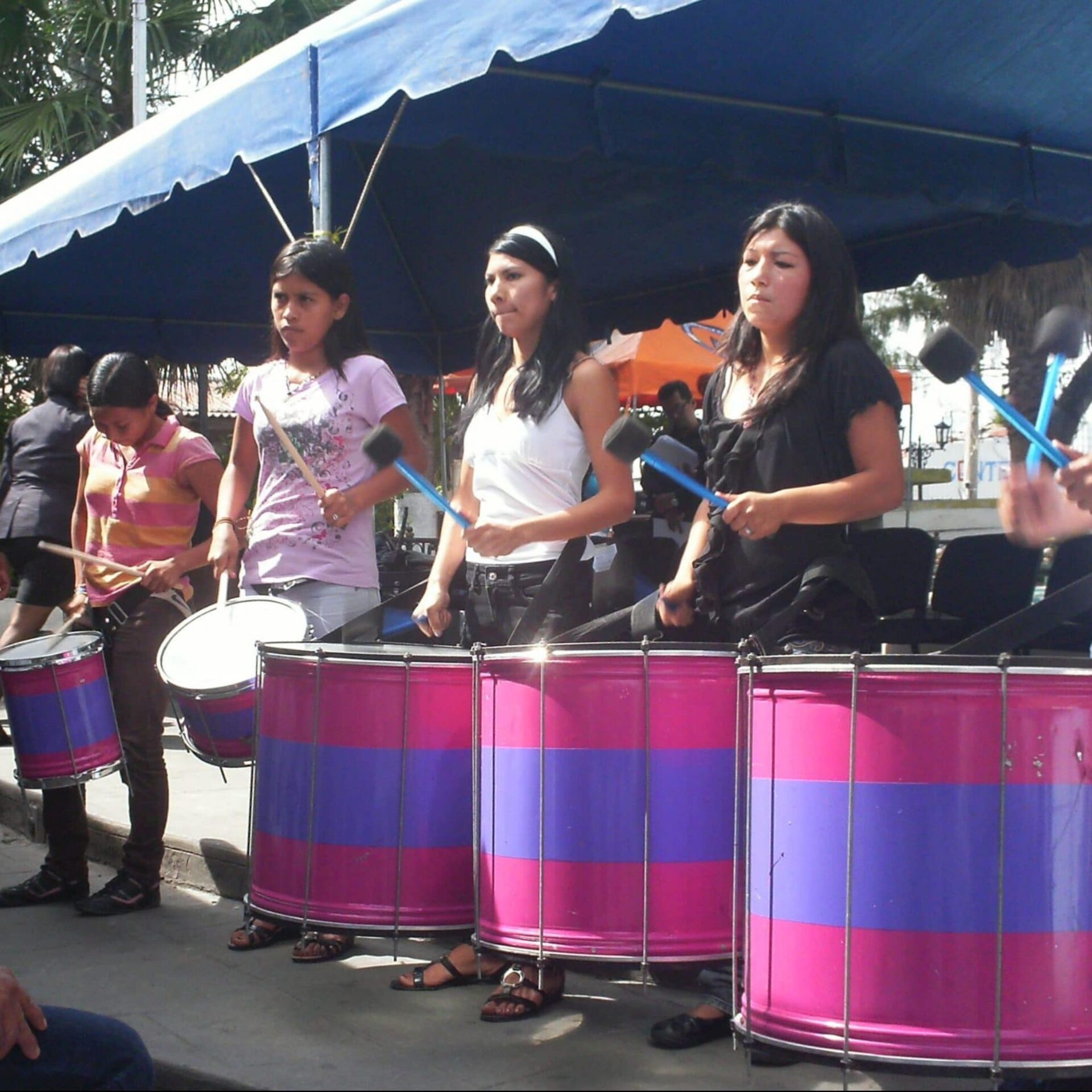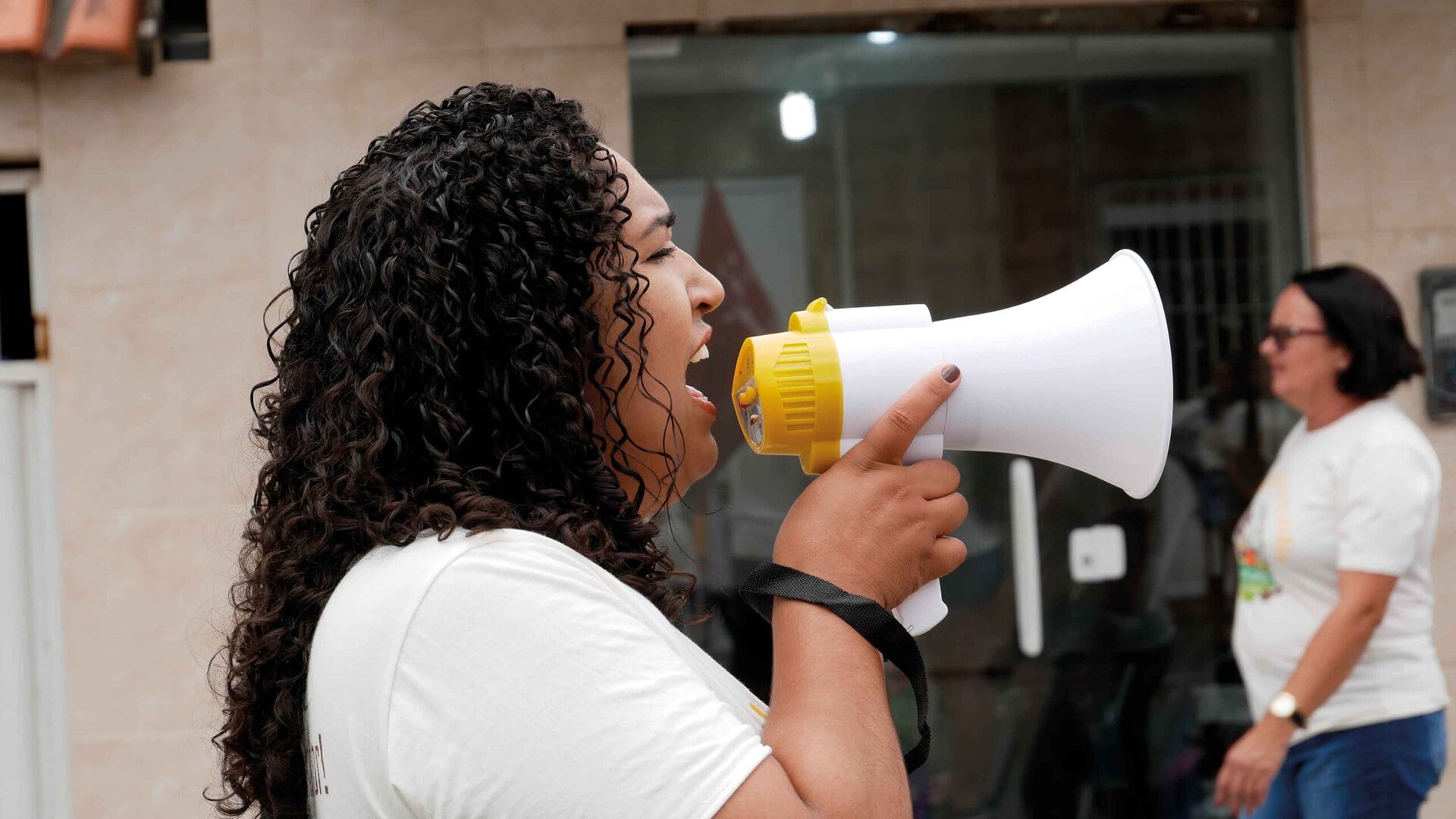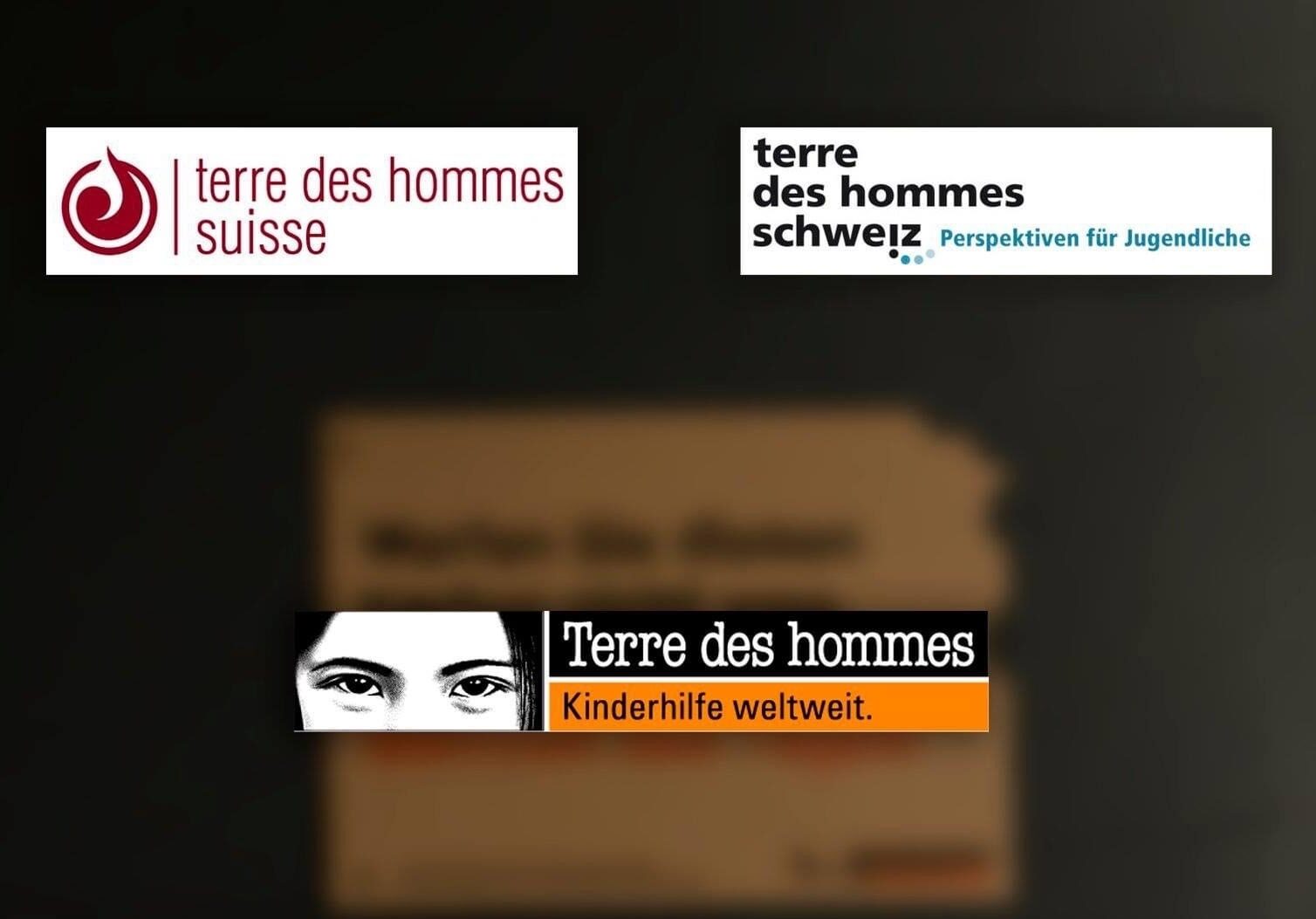A new WHO study shows: Sexual and other physical violence is used against women worldwide much more frequently than previously suspected. At least one in three women has already suffered violence. The women of El Salvador are particularly affected by this. There, the partner organization Las Melidas is courageously campaigning for the rights and protection of girls and women.
Andrea Zellhuber, Head of Violence Prevention and Conflict Transformation
At least one woman is murdered every day in El Salvador. From 2001 to 2010, 3624 women were murdered there, according to the Ombudsman’s Office for the Defense of Human Rights. However, only 22 of these cases were prosecuted. In this environment, the organization Las Melidas, supported by terre des hommes schweiz, is committed to improving the living conditions and rights of girls and young women throughout the country. The following fact shows how urgent this commitment and support is: according to the WHO, El Salvador was the country with the highest rate of femicides in the world between 2009 and 2011.
The fear of those affected
There is still an urgent need for action in El Salvador, particularly with regard to impunity. “Most women are afraid to press charges,” says Maria Delia Cornejo, program coordinator at Las Melidas. The experiences of the staff of the partner organization of terre des hommes schweiz coincide with the findings published this year by the WHO in a new report on violence against women: The majority of perpetrators come from the family environment.
It is mainly fathers, uncles or brothers who inflict violence on girls and women. Of the 136 cases that have ended up at Las Melidas in recent years, 75 involved domestic violence. “Many are threatened by family members so that they don’t go to the police. Or they are afraid that they won’t be taken seriously and their complaint won’t be pursued,” Maria Delia Cornejo experiences time and again.
Laws are in place
Although there are legal options for criminal prosecution in the area of violence against women, they are still used far too little overall. El Salvador has new laws to protect women from violence: the Law on Equal Rights and the Elimination of Discrimination against Women and the Special Law for Women Living Free of Violence, which came into force in 2012.
There is a lack of political will for implementation
There is a lack of political will to ensure effective implementation of the new laws,” says the program coordinator, “The public prosecutor’s office has so far only prosecuted three of the cases of femicide that we have submitted. This is ridiculous given the large number of cases.” In fact, there are far too few efforts on the part of state institutions to make girls and women aware of the legal possibilities offered by the new legislation.
Raising their voices together
Las Melidas encourages girls and women between the ages of 14 and 24 to organize themselves and join local youth groups where they can strengthen each other and work together for their rights and against violence and discrimination. Las Melidas also trains 100 young people every year in areas such as self-determination and women’s rights, who in turn pass on their knowledge to local youth groups.
Encouraging legal action
The girls feel safer in the group, so they dare to demand measures for their protection from the local authorities, for example. They demand that there should be security guards on the streets and that perpetrators of sexual assaults should be prosecuted and punished. “The important thing is to break the silence, to overcome the fear of complaints,” says Rosa Maria Arias from Las Melidas. “If we make the legal options known and support women in using them, we can effectively contribute to the prevention of violence and intervene.”
You can find this and other reports in the latest issue of our in-house magazine, which is available to download here:



